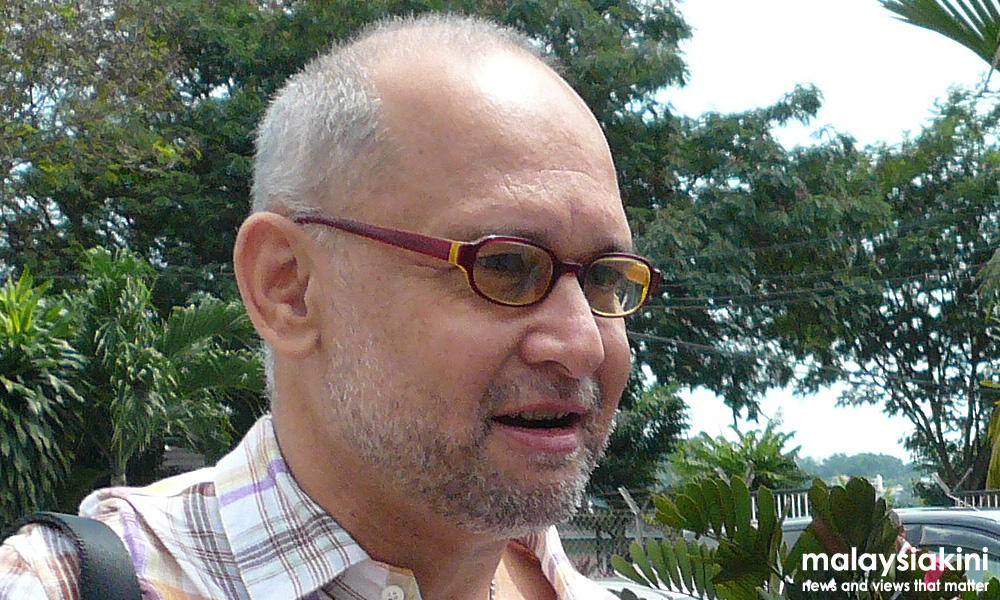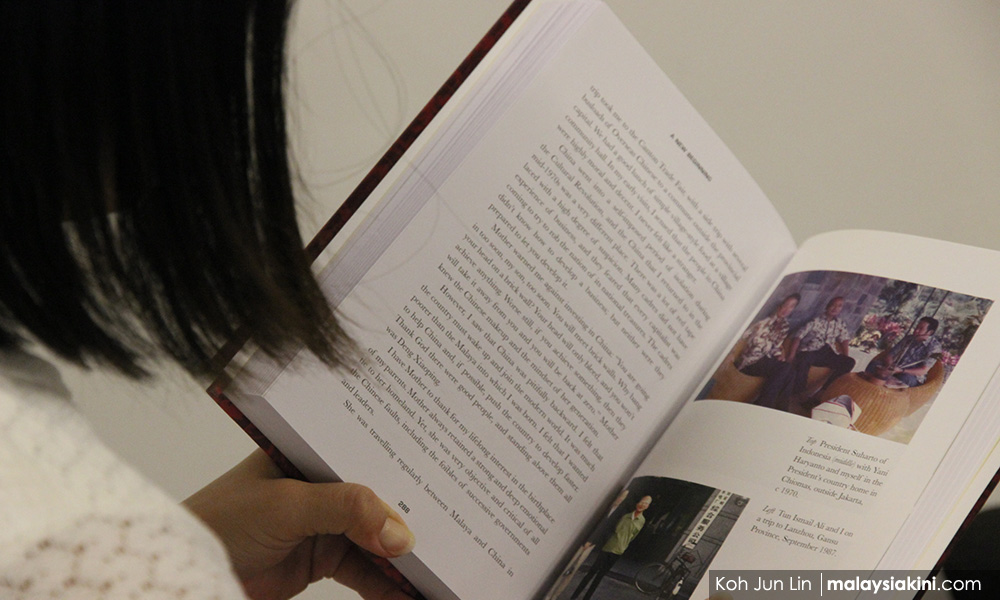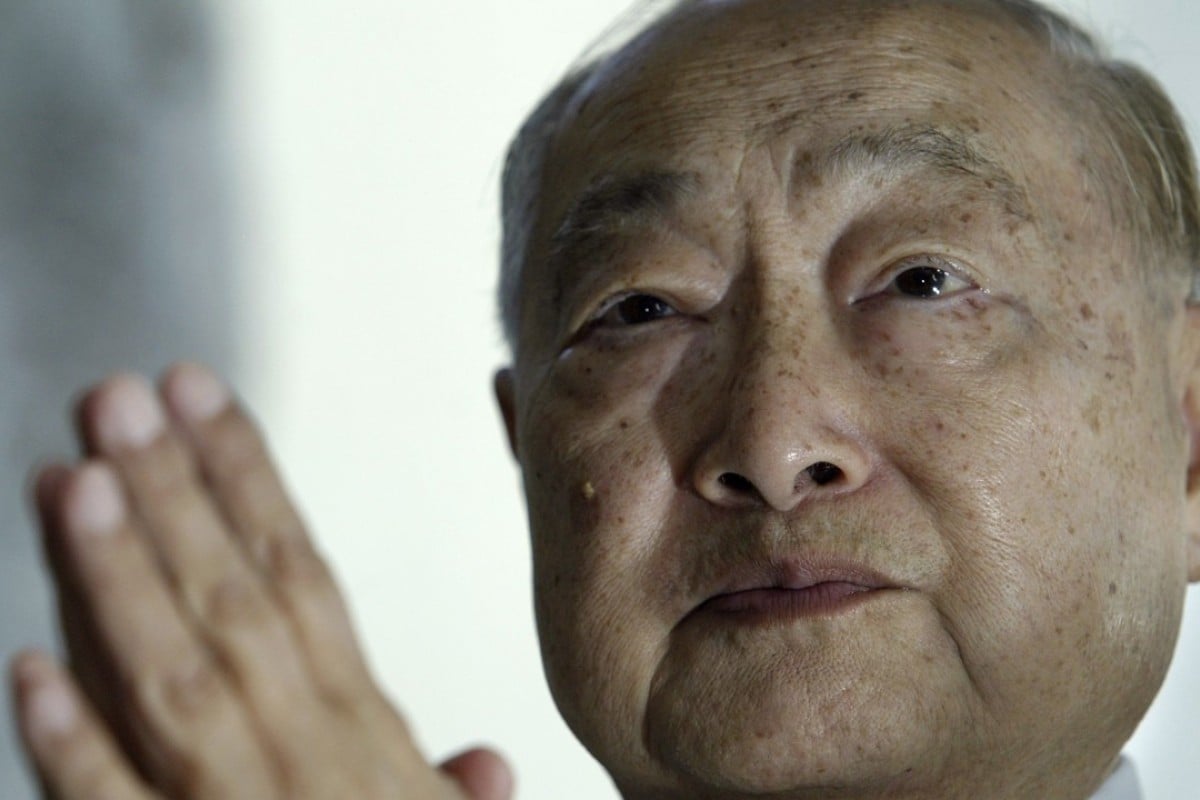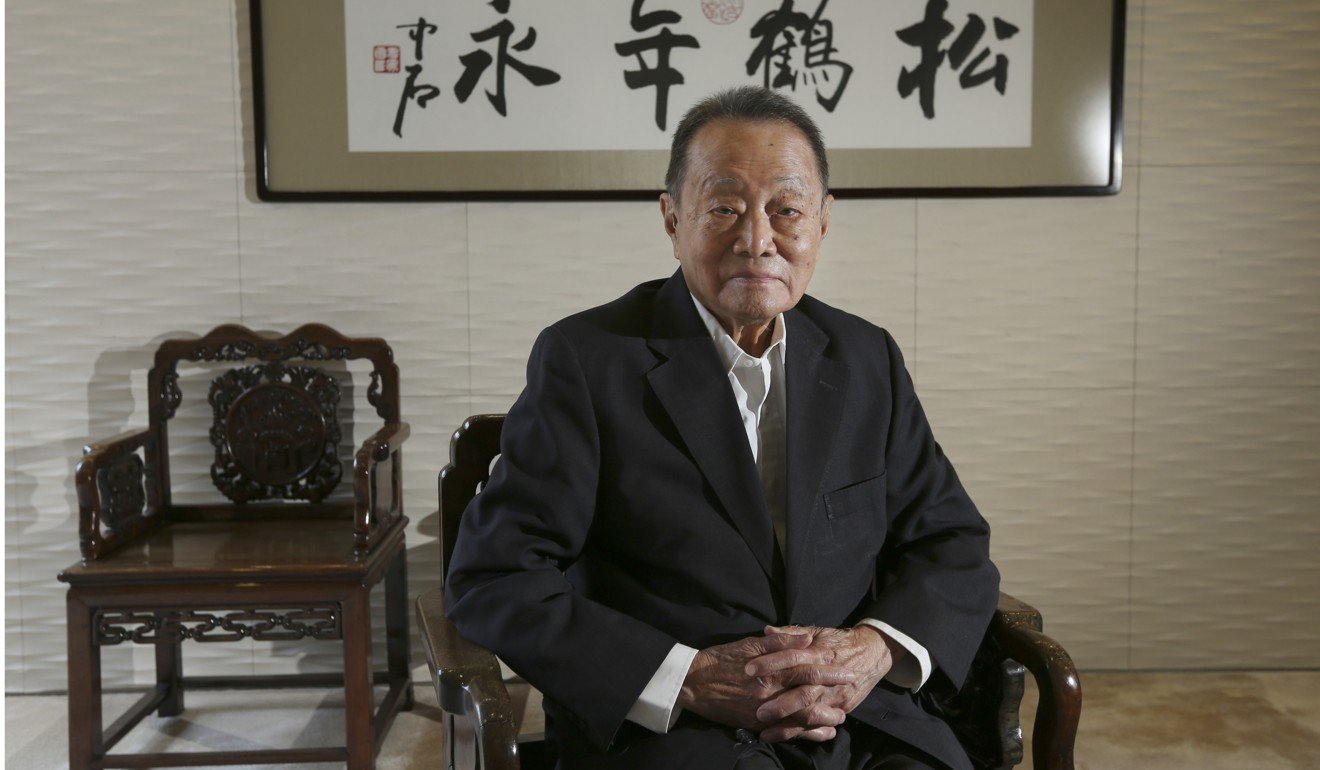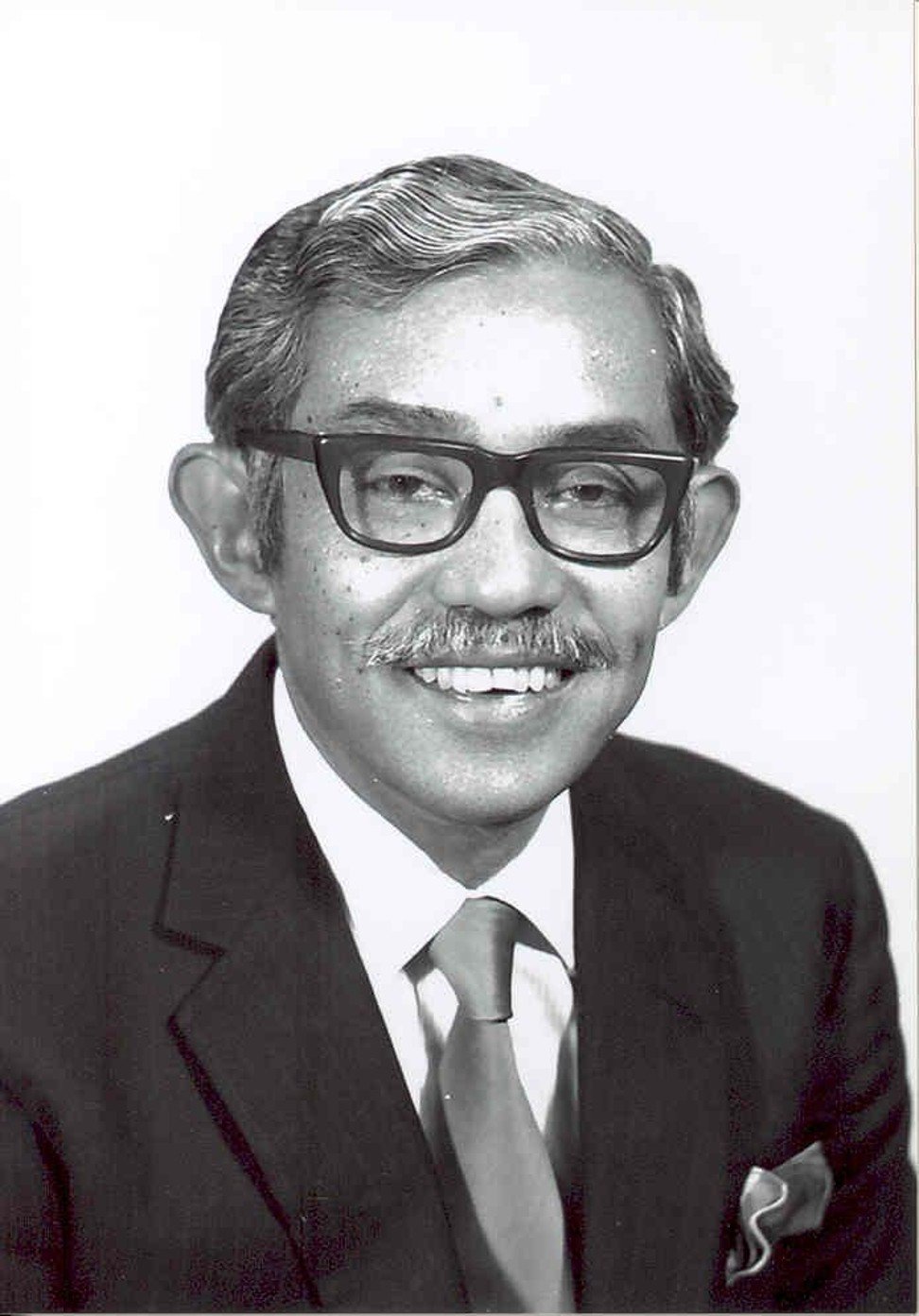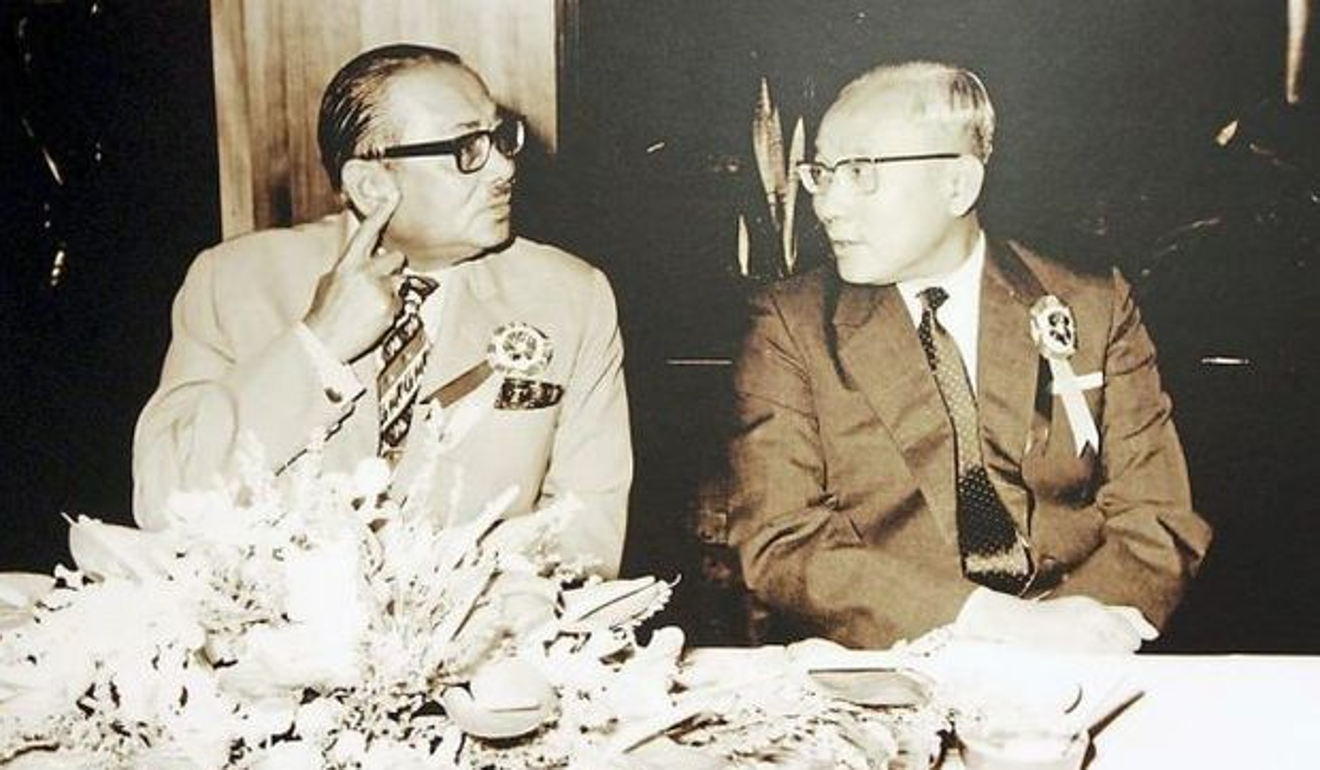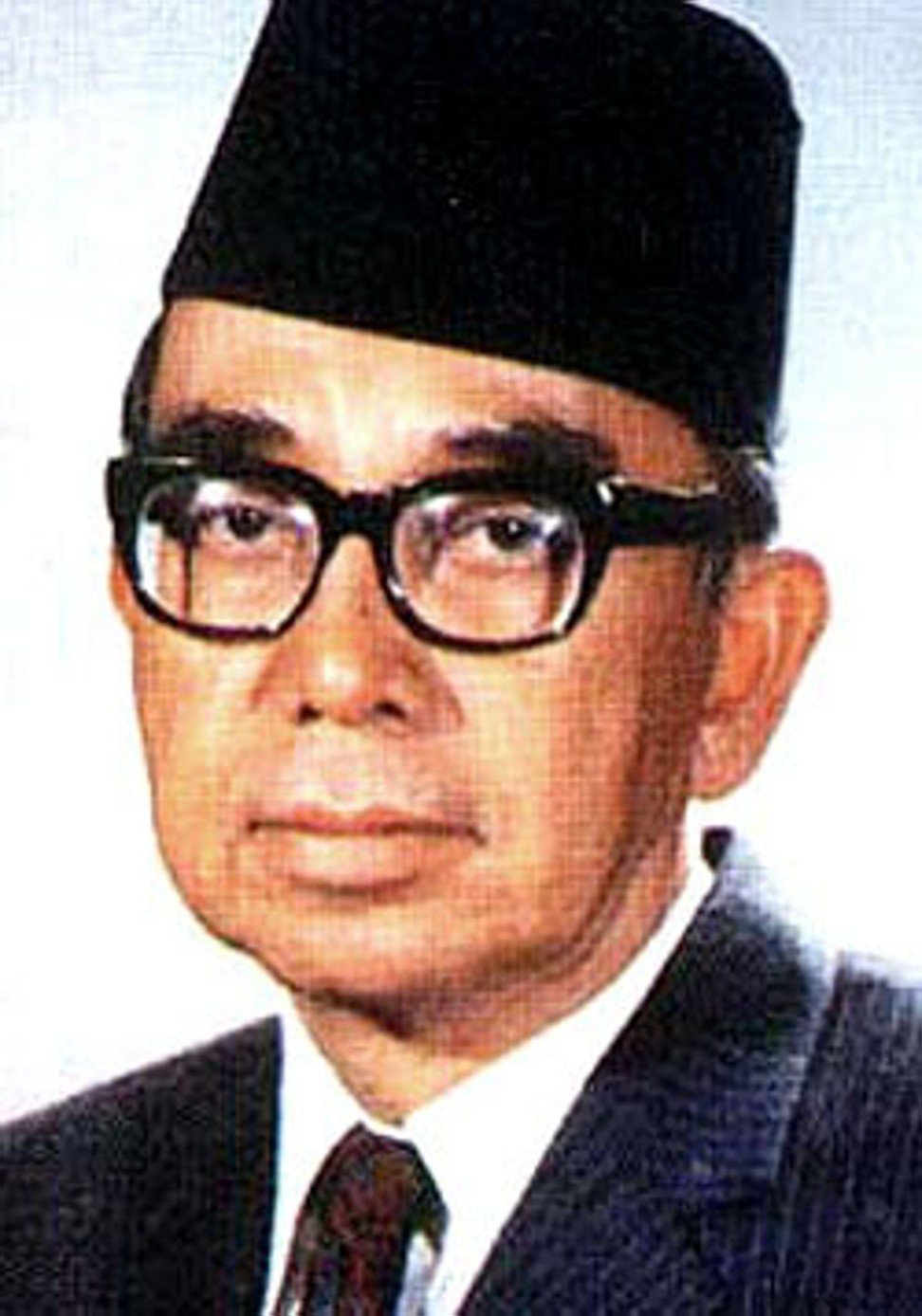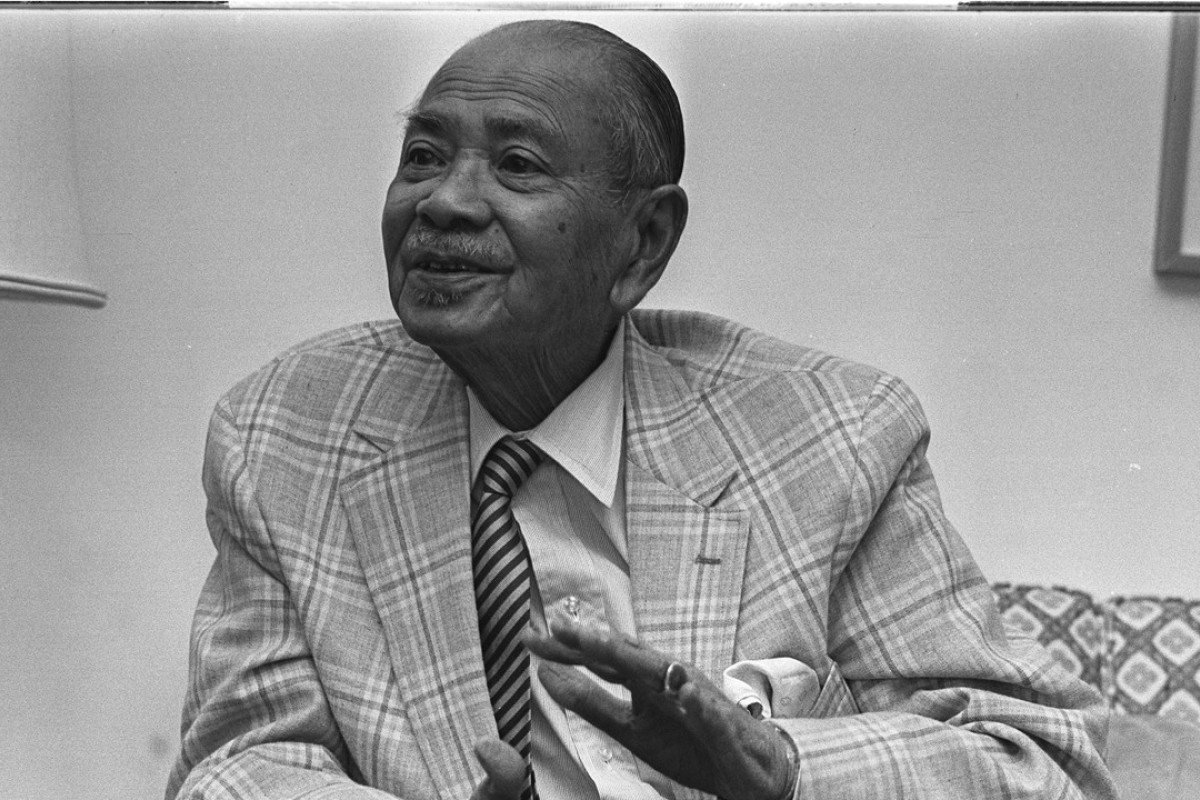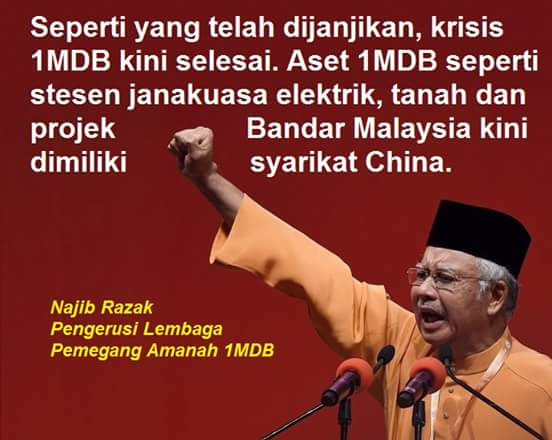June 1, 2018
NY Times BOOK REVIEW: Reporter by Seymour M. Hersh
The qualities that make Seymour Hersh a first-rate reporter — his hustle, his wonkiness, his nighthawk drive to unearth a radioactive fact and then top that fact — make him a second-rate memoirist. Like a greyhound or a kamikaze pilot or an insurance man peddling a policy (he sometimes reminds the reader of each), he’s not built for reflection.
It’s all here in his new memoir, “Reporter,” if by “all” we mean the filing-cabinet details behind his greatest scoops, the settling dust of old deadline clashes. Hersh won a Pulitzer Prize in 1970, at 33, for his freelance expose on the massacre by American troops at My Lai village during the Vietnam War.
He was soon hired by The New York Times and, during the 1970s and early ’80s, did supersnoop work on stories including Watergate, the secret bombing of Cambodia, and C.I.A. spying on domestic antiwar protesters.
Writing for The New Yorker later in his career, he was largely responsible for alerting the world to the torture of prisoners by Americans at Abu Ghraib prison in Baghdad.
For Hersh’s subjects, becoming an object of his interest is like having the Red Baron on your tail. He made Henry Kissinger paranoid. (“Sy Hersh is out to get me.”) The C.I.A. director William Colby was caught on tape saying, “He knows more about this place than I do.”
Hersh was so single-minded that, in the early 1970s, he met John Lennon and Yoko Ono at a party and had no idea who they were. “How was I to know?” he writes in his new book. “Neither had anything to do with Watergate.”
If Hersh rarely seems quite human, neither does “Reporter.” He piles on the policy and deadline details while leaving people and their beating hearts mostly behind.
His wife and children, for example, appear in this book mostly as afterthoughts. We do get a sense of his wife’s suffering when she’s introduced to a senior editor at The Times who says: “Oh my, Mrs. Hersh. You have my heartfelt condolences.”
Omitting family matters is not a mortal sin. This book is titled “Reporter,” not “Husband,” “Father,” “Lover” or “Coach.” Christopher Hitchens, in his memoir “Hitch-22,” left his romantic and family life to the side as well.
But his book was stacked high with memories of friendships and avenues of human joy and pain. Hitchens could size up a person, often hilariously, in a paragraph or two. Here’s where “Reporter” falls short.
Hersh knew nearly everyone who mattered in American journalism. He took long walks with his iconoclastic mentor, I. F. Stone. He played tennis regularly with Ben Bradlee, as well as with Bob Woodward and the district attorney Robert M. Morgenthau.
He saw movies with Daniel Ellsberg; drank martinis with his neighbor, the columnist Mary McGrory; played poker with others; and calls Gloria Emerson and Anthony Lewis, for example, dear friends.

Yet he barely evokes any of these people. There’s no crosshatching and little context. It’s as if they were all John and Yoko. He sees other humans but they do not compute.
Hersh grew up on the South Side of Chicago, the son of immigrants who had arrived at Ellis Island. His father owned a dry cleaners in a poor and mostly black neighborhood. Working there as a young man, Hersh writes, helped give him the gift of gab.
He did poorly at school and attended a two-year junior college before a professor saw his promise as a writer and got him into the University of Chicago. He went briefly to law school before falling in love with the Ben Hecht-like romance of Chicago journalism.
He loved the wire service copy of the old pros, “just fact after fact, with no analysis, presented in clean, spare prose under rat-a-tat pressure.” He worked at small papers before being assigned to The Associated Press’s Washington bureau in 1965. He’d achieved liftoff.
Hersh felt keenly the injustice of the Vietnam War, and loathed dissembling of every variety. He was briefly Senator Eugene J. McCarthy’s press secretary during McCarthy’s quixotic bid for the presidency.
McCarthy, to Hersh’s dismay, skipped an important fund-raiser at the last minute to see a film version of James Joyce’s “Ulysses” with another staffer. The two had heard the movie contained a vulgar exclamation that was not often heard in films at the time.
To be fair, Hersh does get his share of stories told. Battles with his journalistic ally and nemesis Abe Rosenthal, a legendary editor of The Times, are delightfully recounted.
Hersh chafed under what he saw as The Times’s overly cautious journalistic mind-set. Rosenthal, on the other hand, liked to tousle Hersh’s hair and ask, “How’s my little commie?”
For legal reasons, editors at The Times so tamped down one of his stories — a 1976 series about the mobbed-up fixer Sidney Korshak — that Hersh threw his typewriter through an office window.
The best story told here may be about Lyndon B. Johnson defecating on a dirt road in front of The Times reporter Tom Wicker to indicate what he thought of his work.
In recent years, Hersh has often published his work, including an account of the raid that killed Osama bin Laden, in less mainstream outlets. Some of this reporting has been challenged, and he has been criticized for his tendency to make incendiary claims in public speeches that go beyond what the facts he has produced will support. Hersh’s comment: “I will happily permit history to be the judge of my recent work.”
So many of journalism’s old war dogs have left or are leaving us, and there’s a sense that we won’t get many more memoirs like this one. If this book’s pilot light isn’t fully lit, it still puts a big career across.
Hersh was never a hack or a safe man while he leapt tall deadlines in single bounds. Send him into any forest and he would come back with two handfuls of arrowheads, a buried deposit box and a cigar.
He’s at work on a book about Dick Cheney, who has hated him for decades. Judge a man by his enemies. I’ll place my advance.
He’s at work on a book about Dick Cheney, who has hated him for decades. Judge a man by his enemies. I’ll place my advance order right now.
Follow Dwight Garner on Twitter: @DwightGarner.
Reporter
A Memoir
By Seymour M. Hersh
Illustrated. 355 pages. Alfred A. Knopf. $27.95.
A version of this article appears in print on , on Page C5 of the New York edition with the headline: Beating Deadlines and Prying Open History. Order Reprints | Today’s Paper |


